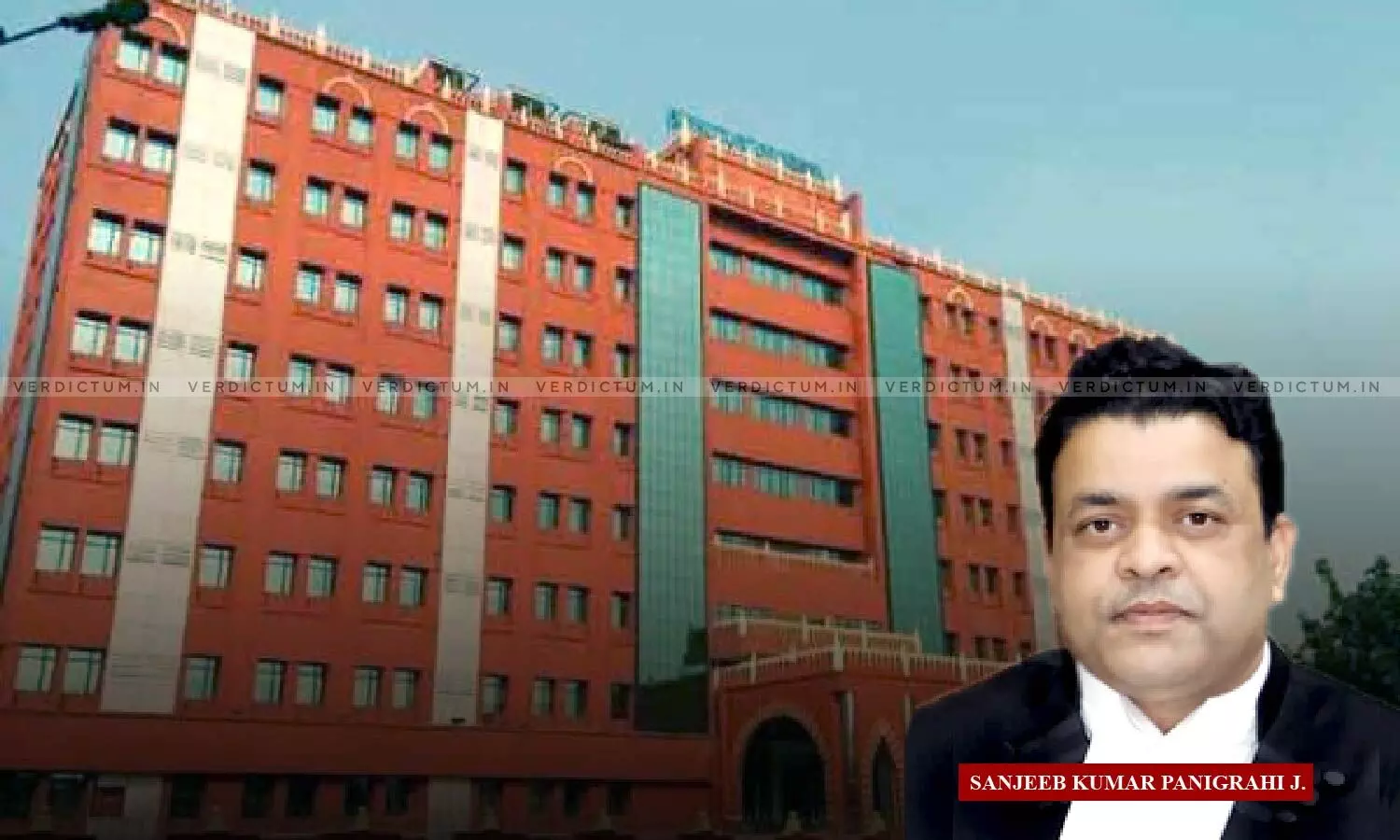
Unauthorized Use Of Public Premises, Even If Purported To Serve Public Purpose, Cannot Be Legitimized: Orissa High Court Upholds Eviction Of Dargah's Toilets
 |
|The Orissa High Court was considering a Writ Petition against the initiation of a case under the Orissa Public Premises (Eviction of Unauthorized Occupants) Act, 1972.
The Orissa High Court while upholding an eviction order passed against toilets attached to a Dargah observed that unauthorized use of public premises, even if purported to serve public purpose cannot be legitamzed.
The Court was considering a Writ Petition against the initiation of a case under the Orissa Public Premises (Eviction of Unauthorized Occupants) Act, 1972.
The single bench of Justice S.K. Panigrahi observed, "With regard to the plea based on long-standing structures and assertions of public utility, it must be noted that no amount of wellintentioned justification can override the statutory restrictions governing the occupation of Government land. Unauthorised use of public premises, even if purported to serve a public purpose, cannot be legitimised unless regularised in accordance with law."
The Petitioner was represented by Advocate A.K. Nanda while he Respondent was represented by Assistant Standing Counsel Sarita Moharana.
Facts of the Case
A Dargah was constructed at a burial ground located within the territorial jurisdiction of Rajgangpur Municipality which continues to attract devotees from across various regions who visit to offer prayers and seek blessings. In the absence of sanitation facilities being provided by the civic or governmental authorities, the Lal Baba Managing Committee constructed thirteen toilets and bathrooms, comprising six for women and seven for men, on adjacent Plot which continues to be in use.
A Notice was thus issued to the Petitioner by the Sub Collector-cum-Estate Officer, Sadar, Sundargarh under Section 4(1) of the Orissa Public Premises (Eviction of Unauthorized Occupants) Act alleging encroachment over the Plot in question and calling upon the Petitioner as to why an order of eviction should not be passed. When no reply was filed by the Petitioner to the show cause notice, an eviction order was passed directing the Petitioner to vacate the premises. The Appeal filed by the Petitioner was rejected on the ground that the land stood recorded in the name of the Government and was classified as “Rasta”.
The Petitioner contended that the kissam of the land described in the notice is recorded as “Rasta,” which does not fall within the definition of “public premises” under the Orissa Public Premises (Eviction of Unauthorised Occupants) Act, 1972, and therefore the proceeding initiated under the said Act is without jurisdiction and not maintainable in law. It was asserted that the land in question is not used as a public road, but constitutes roadside land and in the absence of any sanitation facility provided by the Government or the local authority, thirteen toilets and bathrooms were constructed on the said land and have been used, free of cost, by members of all communities for over four decades, thereby serving an essential public purpose.
Reasoning By Court
The Court at the outset examined the statutory framework under the Orissa Public Premises (Eviction of Unauthorised Occupants) Act, 1972 and observed that while public premises are intended to serve the broader public interest, their use must conform to the governing legal framework.
"A conjoint reading of Section 2(f) of the Orissa Public Premises (Eviction of Unauthorised Occupants) Act, 1972, along with the admitted facts that the land is classified as “Rasta,” lies within the territorial jurisdiction of Rajgangpur Municipality, and stands recorded in the name of the State Government, clearly establishes that it falls within the definition of “public premises” under the said Act. The classification as “Rasta” does not exclude the land from the ambit of the Orissa Public Premises (Eviction of Unauthorised Occupants) Act, 1972. On the contrary, it affirms its public character and reinforces its inclusion within the scope of the statute. The Petitioner’s attempt to draw a distinction between land recorded as “Rasta” and “public premises” is misconceived and contrary to the plain language and scheme of the enactment", the Court observed.
The Writ Petition was accordingly dismissed.
Cause Title: Lal Baba Dargha vs. State of Odisha & Ors.
Appearances:
Petitioner- Advocate A.K. Nanda, Advocate G.N. Sahu
Respondent- Assistant Standing Counsel Sarita Moharana
Click here to read/ download Order